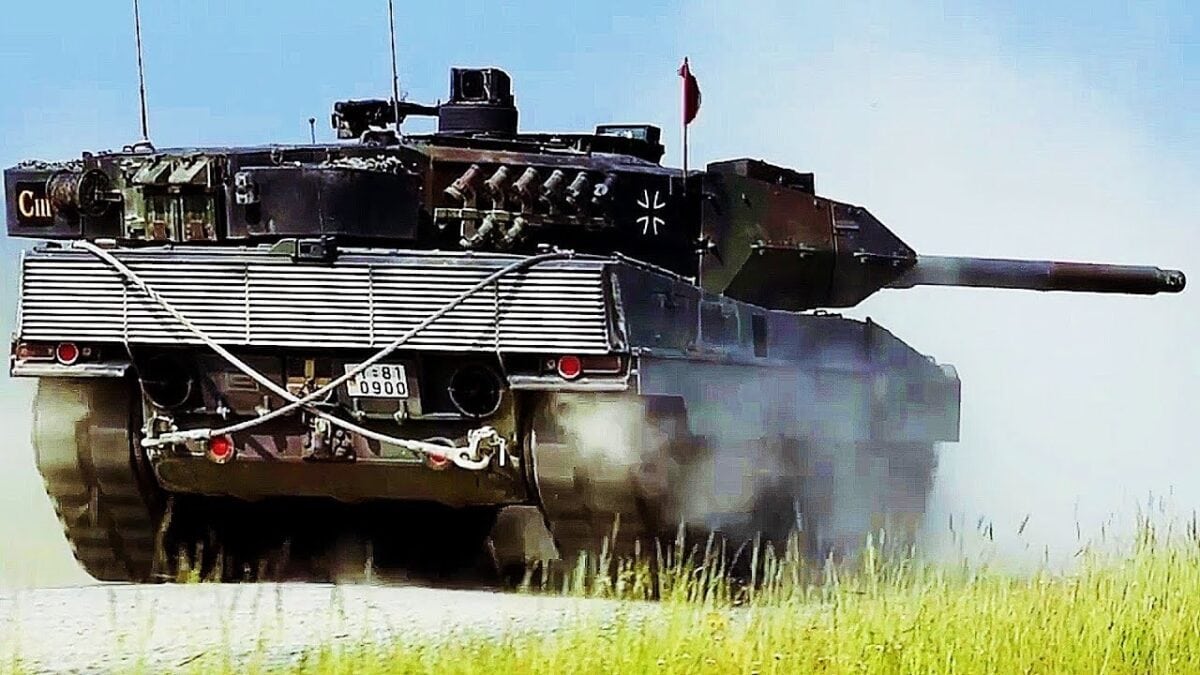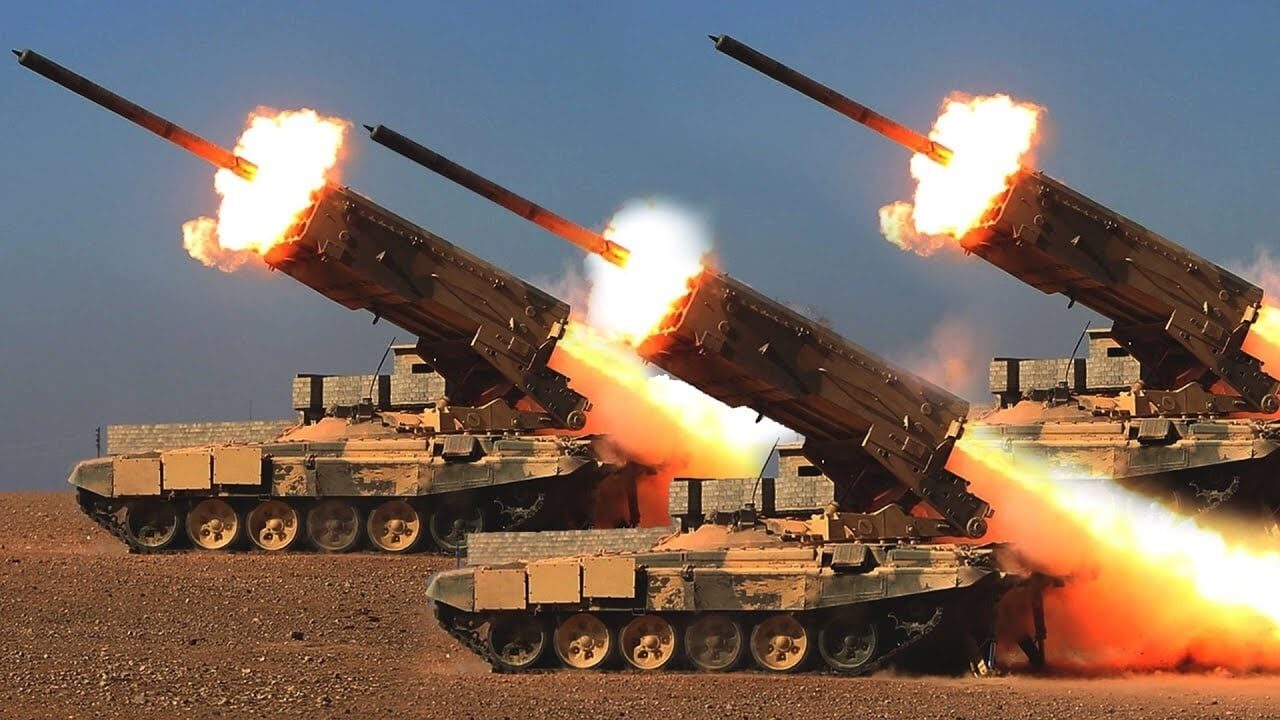NATO Secretary Pledges Long-Term Support for Ukraine Resistance – During an online summit with world leaders, including Ukrainian President Volodymyr Zelenskyy, NATO Secretary General Jens Stoltenberg pledged long-term support to Ukraine in its effort to resist invading Russian forces. The Summit of the International Crimea Platform, hosted on Tuesday, August 23, gave world leaders an opportunity to address the current state of the war and make further commitments to help Ukraine.
Stoltenberg described six “terrible” months of war and praised the Ukrainian people for their ability to resist Russian invaders.
“NATO stands in full solidarity with Ukraine,” Stoltenberg told the summit. “Allies fully support Ukraine’s sovereignty and territorial integrity, your right to self-defense and to choose your own path.”
What Is the International Crimea Platform?
The International Crimea Platform Summit is an annual gathering organized by the Crimea Platform, a diplomatic Ukrainian initiative designed to coordinate the reversal of the 2014 Russian annexation of Crimea.
The organization aims to restore Russia-Ukraine relations, and it hosted its inaugural summit on August 23, 2021. The summits are attended by all G7 member states, as well as representatives of the European Union, NATO, and dozens of other allied countries.
Does NATO Back Ukraine’s Plans to Reclaim Crimea?
During remarks at the summit, Stoltenberg also appeared to suggest that NATO stands behind Ukraine’s efforts to reclaim territory – potentially including Russian-occupied Crimea.
“Ukraine has suffered six terrible months of war, but you have also shown your incredible ability to resist brutal aggression – to strike back, retake territory and impose major costs on Russia. NATO stands in full solidarity with Ukraine,” Stoltenberg said.
“Allies fully support Ukraine’s sovereignty and territorial integrity, your right to self-defense and to choose your own path,” the NATO leader continued.
Stoltenberg also recalled how NATO significantly stepped up its support after Russia’s illegal annexation of Crimea in 2014 and pledged his continued commitment to NATO’s partnership with Ukraine “for the long term.”
Stoltenberg said that NATO will continue to help Ukraine replace its Soviet-era military equipment with NATO-standard weapons and equipment instead, to assist with defense and security sector reform, and to help the country on its path of “post-war reconstruction.”

NATO Leopard Tank. Image Credit: Creative Commons.
By reaffirming NATO’s commitment to providing long-term support, and promising to help Ukraine defend its “right to self-defense,” Stoltenberg appeared to indicate NATO’s support of Ukraine’s commitment to reclaiming Crimea. That commitment could well be realized in the coming months if pro-Ukraine saboteurs and Ukrainian forces continue covert operations in the peninsula that have already destroyed a number of Russian airbases and military facilities.
Jack Buckby is a British author, counter-extremism researcher, and journalist based in New York. Reporting on the U.K., Europe, and the U.S., he works to analyze and understand left-wing and right-wing radicalization, and reports on Western governments’ approaches to the pressing issues of today. His books and research papers explore these themes and propose pragmatic solutions to our increasingly polarized society.

